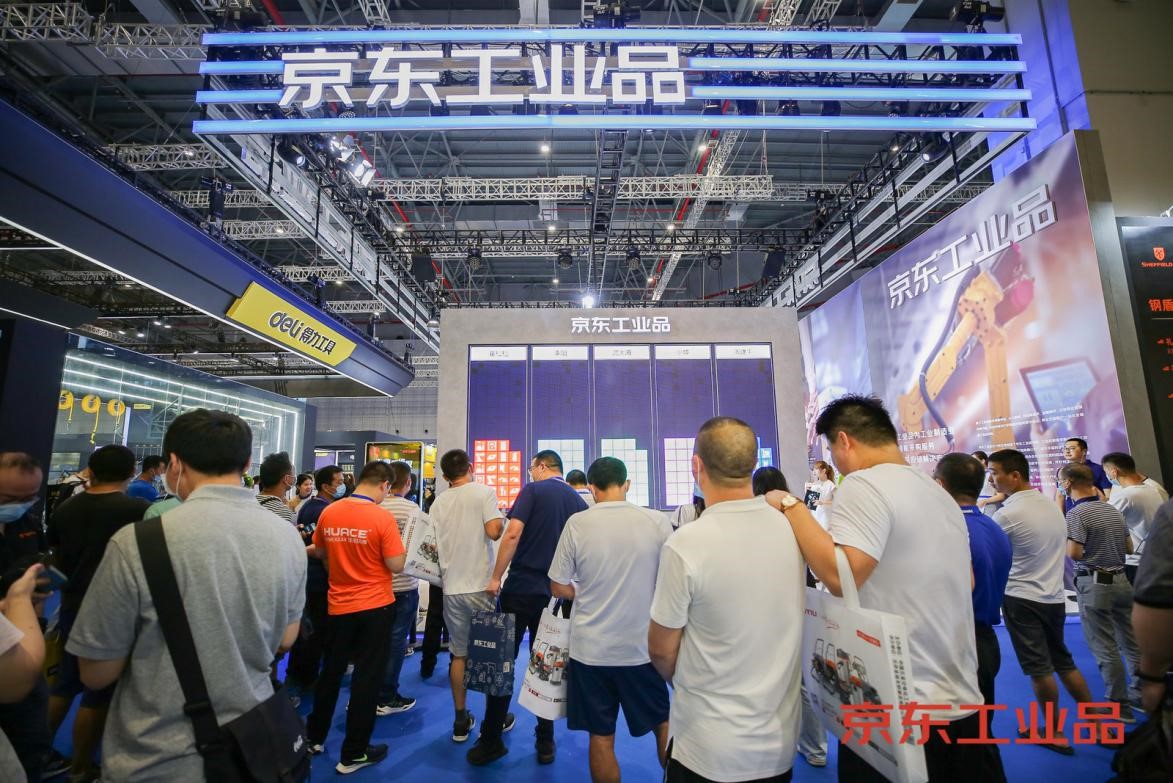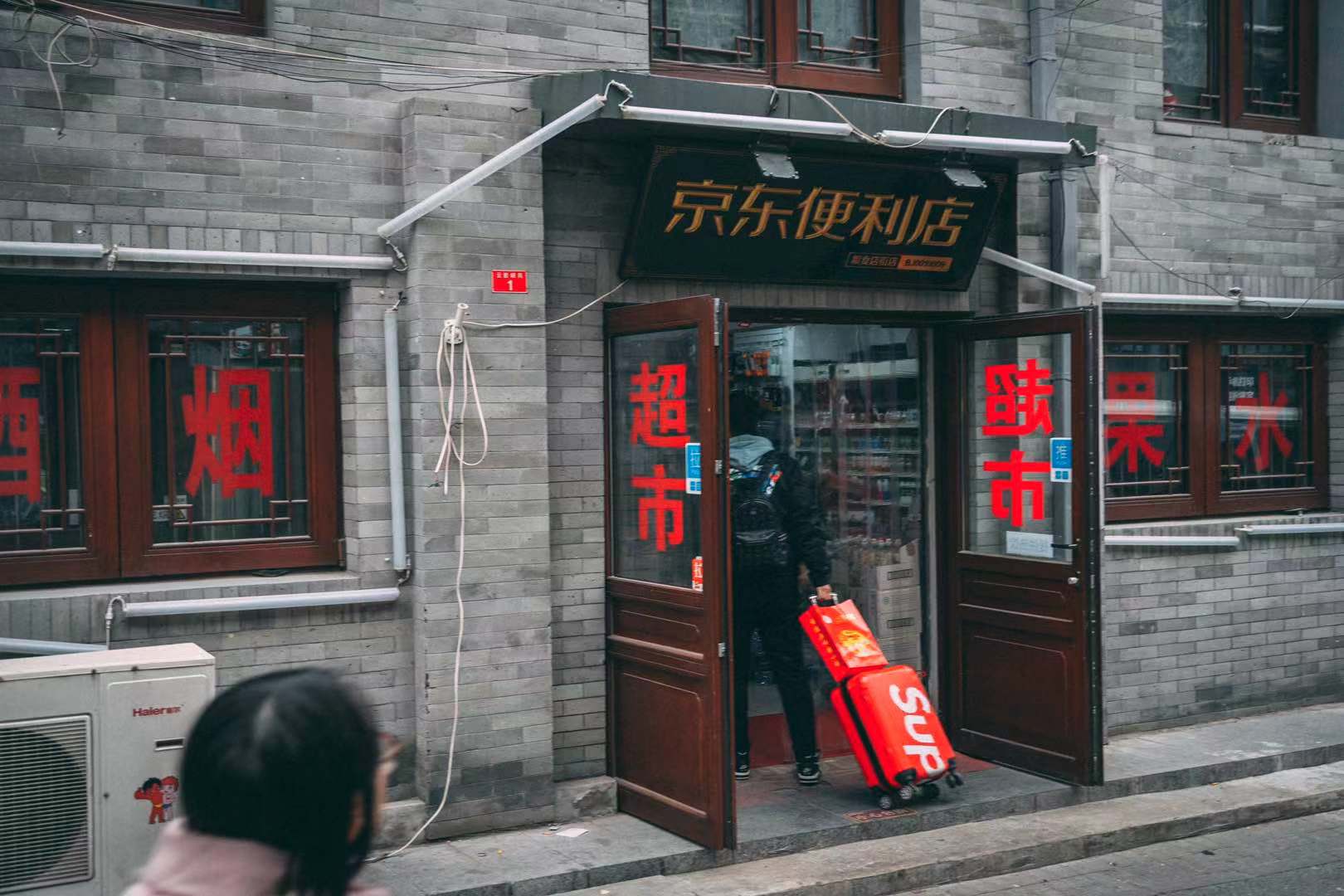by Ella Kidron
On August 17th, JD.com reported second quarter 2020 earnings. Among the financial highlights, general merchandise grew by 45% year on year, led by categories such as supermarket and healthcare. In particular, JD Health, which saw strong topline growth in online pharmacy sales, also realized 400% YOY growth in online medical consultation service volume as more people became aware of and accustomed to the new service.
On the call to discuss the results, JD Retail CEO Lei Xu said, “JD Health is the largest pharmaceutical retailer in the healthcare industry in China, and more than that, it’s the front runner and a first mover in the Internet-led healthcare area. The company’s positioning is as a healthcare management system that is built on our advantages in supply chain and focused on providing technology driven medical services for all stages of the customer lifecycle.”
Xu explained, “The JD Health consumer structure is similar to our e-commerce platforms. However, in terms of the online medical consultation serves, we have seen that people from the higher tier cities – first and second tier cities, and young people have a much higher level of acceptance.” Xu also mentioned JD’s partnership with Tianjin Nankai Hospital launched earlier in the year, focused on building the “Nankai-JD Internet Hospital”, a new medical service model integrating online and offline medical resources.
On August 18th, the day after the earnings call, JD Health announced a new JD Family Doctor initiative. Through the program, up to eight family members can share a package of extremely high quality medical services, bringing the best medical resources to consumers at accessible prices. JD Family Doctor is meant to supplement China’s existing public medical resources, and is part of JD’s commitment to use its resources and technology strength to improve people’s lives. One of the biggest benefits is that it can be used for individuals to manage their own health, as well as to have visibility into and be able to support health management for family members such as parents, from afar.
In a press conference to announce the initiative, JD Health CEO Lijun Xin explained that it is based on five pillars – trust, professionalism, good value, heart-warming and usefulness. When seeking medical resources, trust is a pivotal factor in people’s decision process, and can even trump professionalism. JD’s online medical consultation program has received recognition from tons of consumers on the platform.
Launched towards the end of 2019, with the outbreak of COVID-19, JD began offering a segment of the services on the platform for free. Over the course of the year, consumers have become not only more willing to try, but also more reliant on online consultation services, especially when it is not convenient to get to the hospital. Xin said that the number of medical consultations JD receives through the platform is equivalent to the consultation volume of 10 3A (the highest level) hospitals in China combined.
Also a highlight of the earnings report are JD’s two new specialized virtual treatment centers within the JD Health app covering Traditional Chinese Medicine and Otorhinolaryngology (more commonly known as Ear, Nose and Throat, or ENT). In addition to these two centers, the other specialized virtual medical treatment centers within the JD Health app cover areas including heart disease, mental health, diabetes, kidney disease, pediatrics, oncology and maternity, among others.















